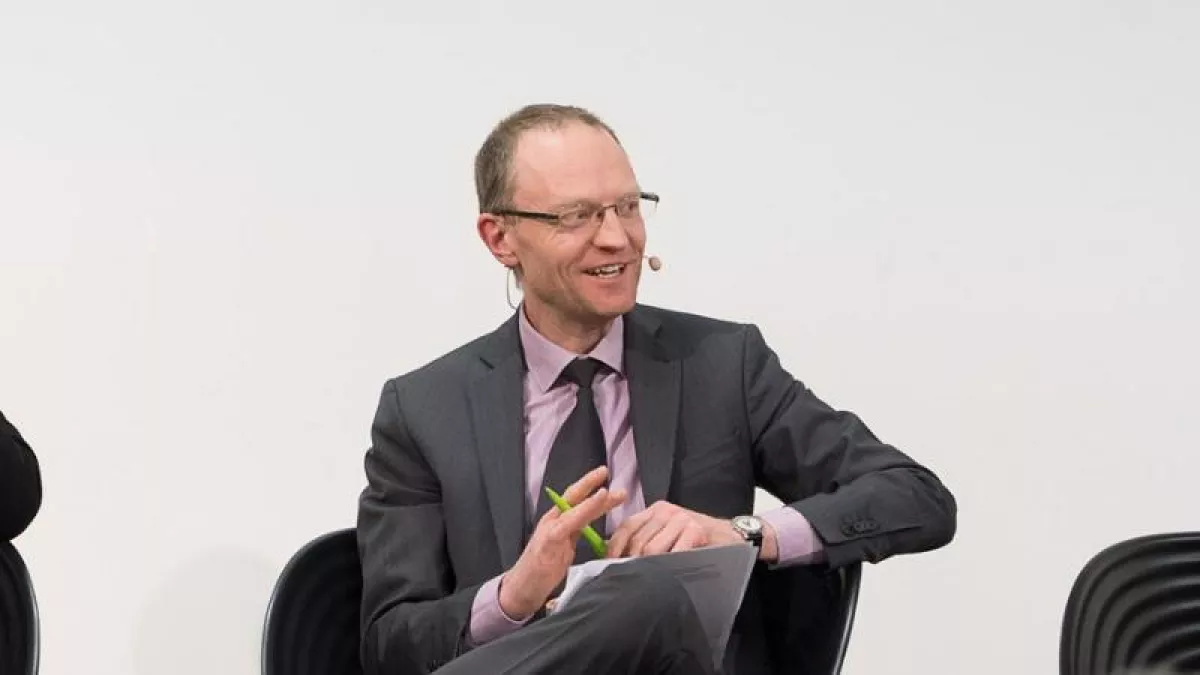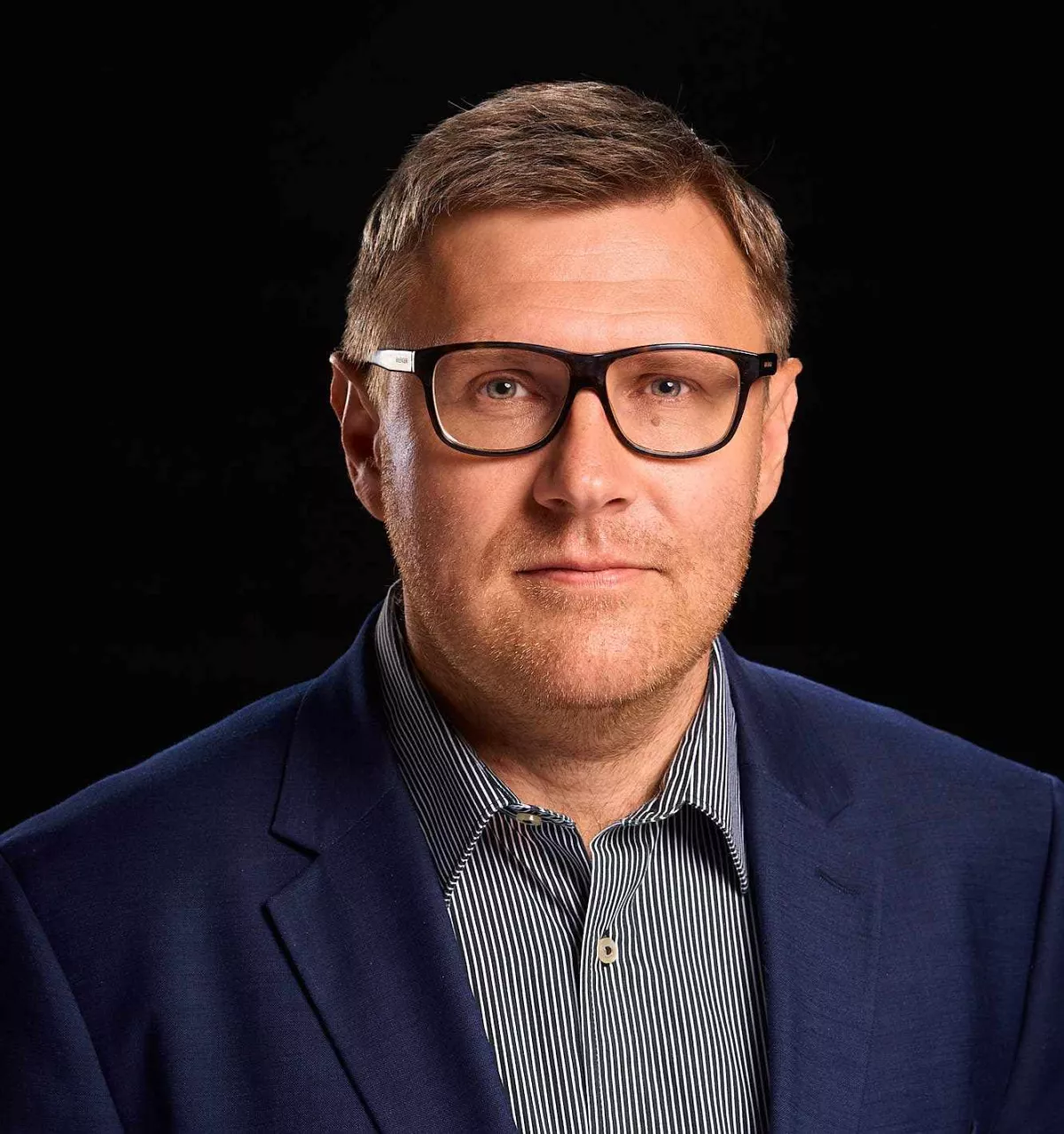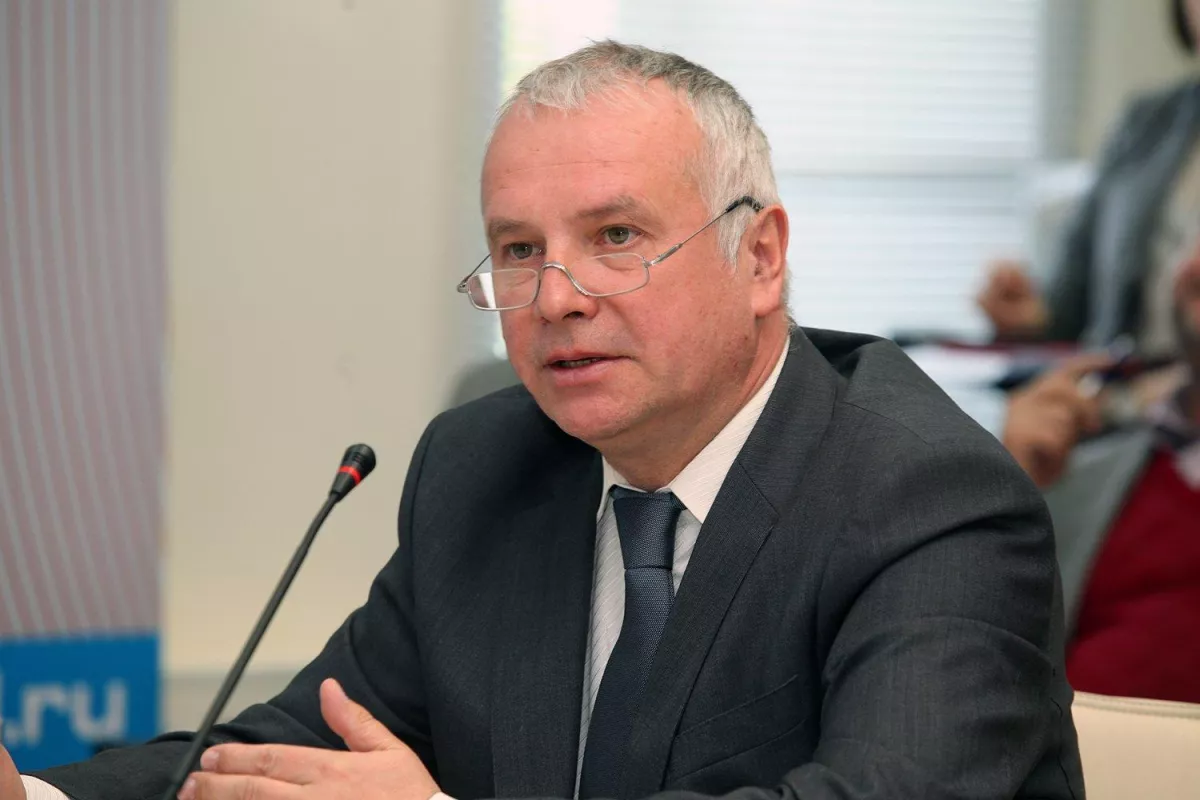Echoes of the past: Polish president demands reparations from Germany on WWII anniversary Expert insights
Polish President Andrzej Duda, in a speech marking the 85th anniversary of Nazi Germany's attack on Poland and the start of World War II, repeated his demand for reparations from Berlin for the damage caused to the country during the years of conflict and occupation of the country (1939-1945).
The Polish president's office quotes Duda as saying: “We have heard repeated requests for forgiveness, and in a human, Christian sense, I think most Poles have forgiven the Germans. But, regardless of forgiveness, it is necessary to make amends, to pay compensation for what was irrevocably destroyed. And this is a natural question, the solution of which has never been reached.”
In September 2022, Polish authorities presented a three-volume report on the losses incurred by the republic as a result of the Nazi German attack and German occupation in 1939-1945. The declared final sum totalled 6.2 trillion zloty (over $1.5 trillion). On October 3 of that year, the Polish Foreign Minister signed a note demanding compensation from Germany.
The German government repeatedly pointed out that they saw no grounds for any payments, as the Polish People's Republic had officially renounced reparations in 1953.
Experts from both Poland and Germany offered their perspectives on the issue of war reparations in a conversation with Caliber.Az. They addressed key points regarding whether Poland has valid grounds to demand reparations and whether Germany is justified in claiming that Poland relinquished its right to such compensation long ago.

The head of the International Order and Democracy program at the German Council on Foreign Relations, Dr. Stefan Meister, noted that this is a long-standing demand of Poland and discussions between both sides have also lasted for years.
“Germany will never pay any state reparations again, because it has already paid some compensation to Poland, among others. And if it recognizes the justice of such reparations, many other countries will also demand huge sums,” the expert says.
He said he would view the claim in the context of both sides not looking for a solution.
“The present government of Poland is again demanding money. Germany pays it some money, but does not recognize it as an act of reparations. This is also because Poland's biggest opposition right-wing party, Law and Justice (PiS), is using this topic to maintain anti-German sentiments in Polish society, and both current governments, Polish and German, want to close this chapter,” Meister said.

Political scientist and journalist of Polskie Radio Jerzy Lichtarowicz believes that in principle the German side is formally right, because the documents have been signed, and for a long time Poland has not made any claims in this regard.
"But this is more of an internal matter than an external one, actually. Because the previous government of the Law and Justice party changed its policy and criticized its predecessors - the current government, the Civic Platform coalition, for being supposedly pro-German. And they saw the Germans as not allies, and were suspicious of Germany. They believed that the Merkel government was pursuing a pro-Russian policy and was not taking into account the interests of Central and Eastern Europe. That is why PiS was primarily betting on the Americans, and in relation to the Germans, they began to raise the issue of war reparations. They said that the previous compensations were not enough, because de facto the losses were enormous.
Now, President Duda, representing the PiS camp, has raised this issue on the anniversary of the start of World War II. It's important to remember that presidential elections are expected in Poland in the spring of 2025, and he continues to criticize the current ruling Civic Platform. The 'German question' is part of this, as the press is already reporting that Donald Tusk has returned to power and is now cozying up to the Germans," the journalist said.
But the current Polish government also cannot completely abandon this agenda or say it does not want to revisit the issue, he noted.
"So its top officials also raise it. For instance, recently a German delegation visited, and our Foreign Minister Radek Sikorski went to Berlin, and the issue was discussed again. However, it was not framed as direct reparations but rather as a call for increased German investment in the Polish economy as compensation for what was destroyed during the war. Thus, the topic persists, but it is strongly fueled by domestic politics," Lichtarowicz explained.

German political scientist, Professor Alexander Rahr from the WeltTrends Institute (Potsdam), believes that the Germans are both right and wrong.
"The agreement signed between the FRG and the PRL in 1953 is recognized under international law. In it, Poland renounced reparations. In 1990, when the question of German reunification arose, Poland again waved it off—although Moscow was in charge of the process at that time. Now, Poland is claiming that the agreement signed under the communists is invalid and that Germany should pay for the damage caused to Poland during the war. The Germans refuse, citing a lack of funds in the treasury. As a result, relations between the two countries are deteriorating," says the professor.
Rahr believes that the Germans will not pay, but Poland might leverage its activities within the EU to undermine Berlin's leading role.








